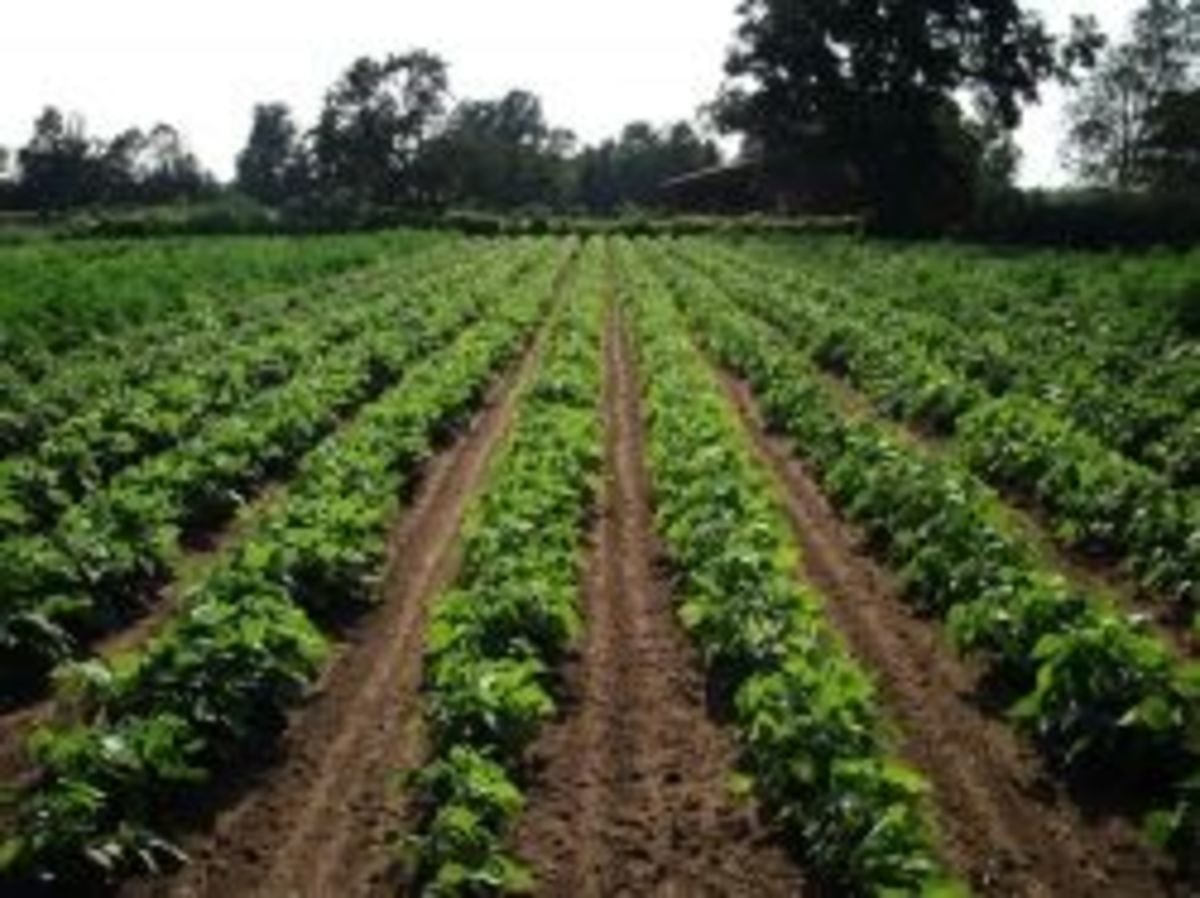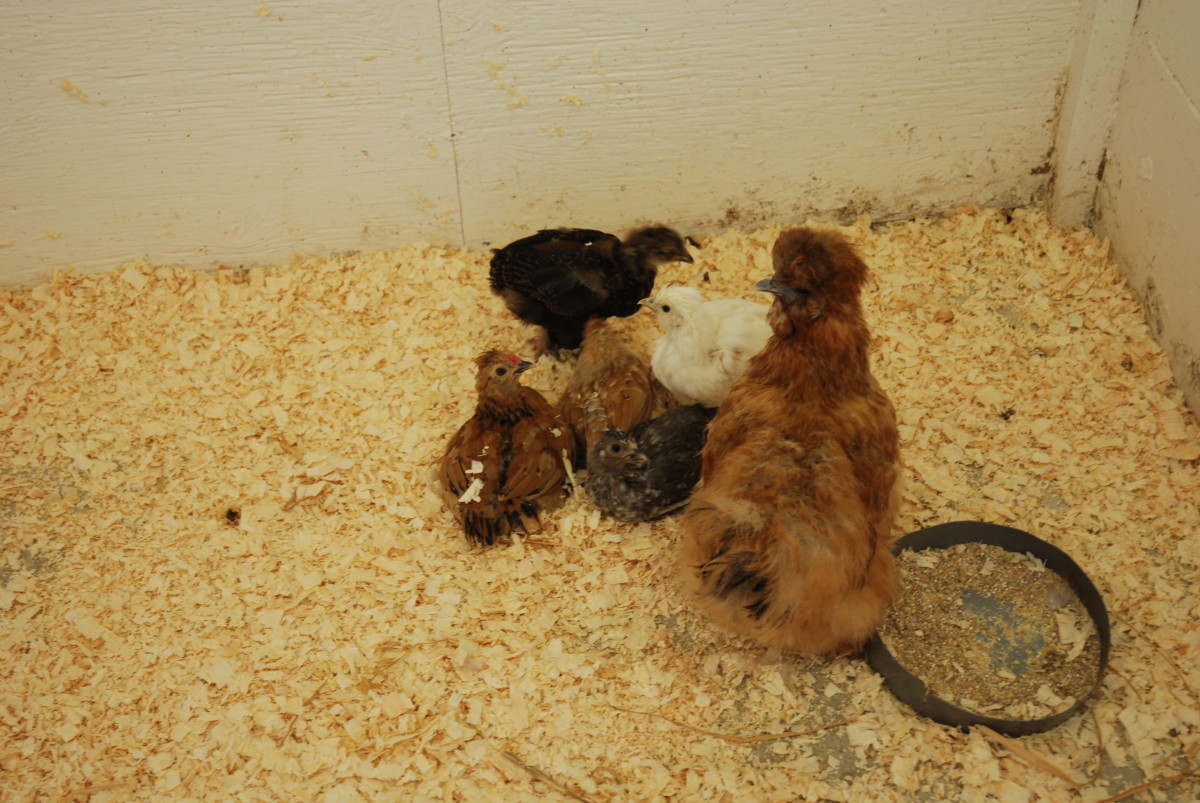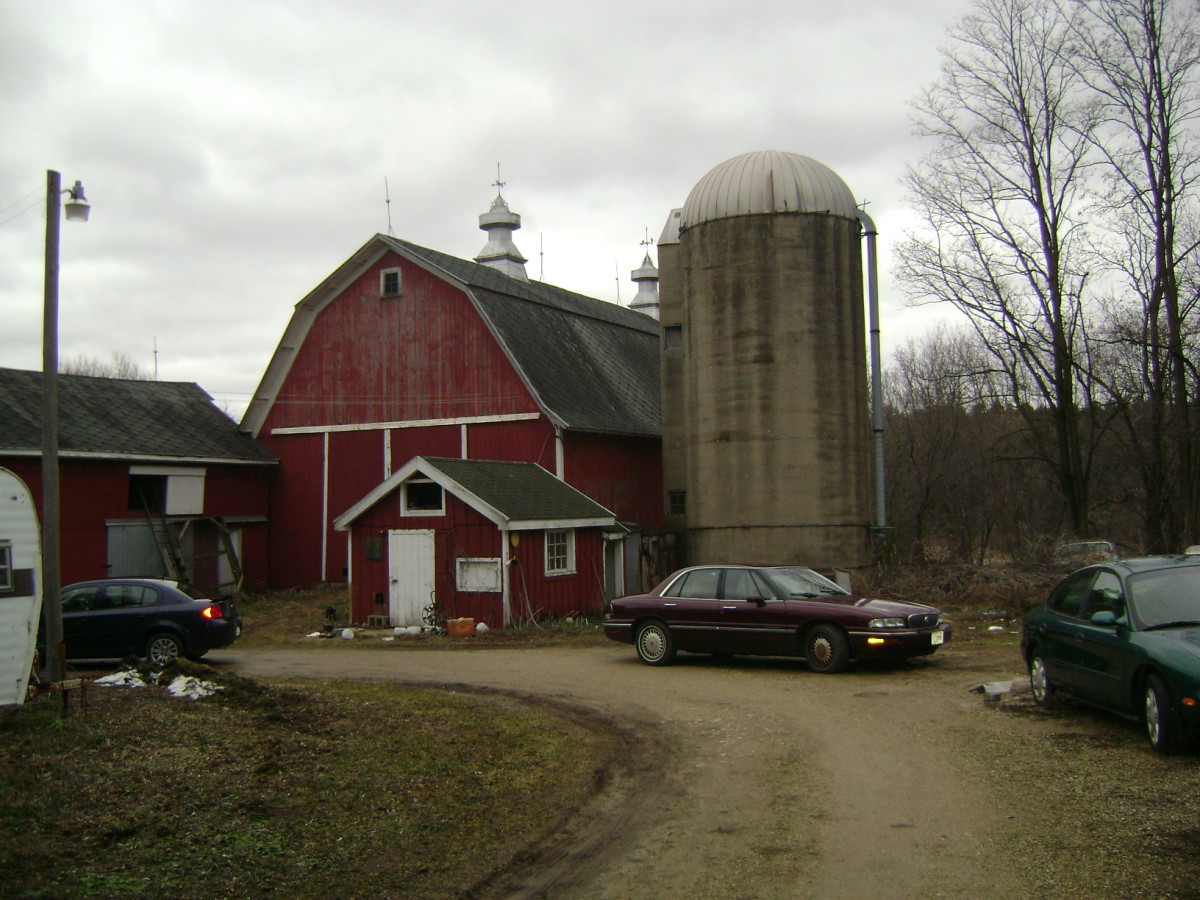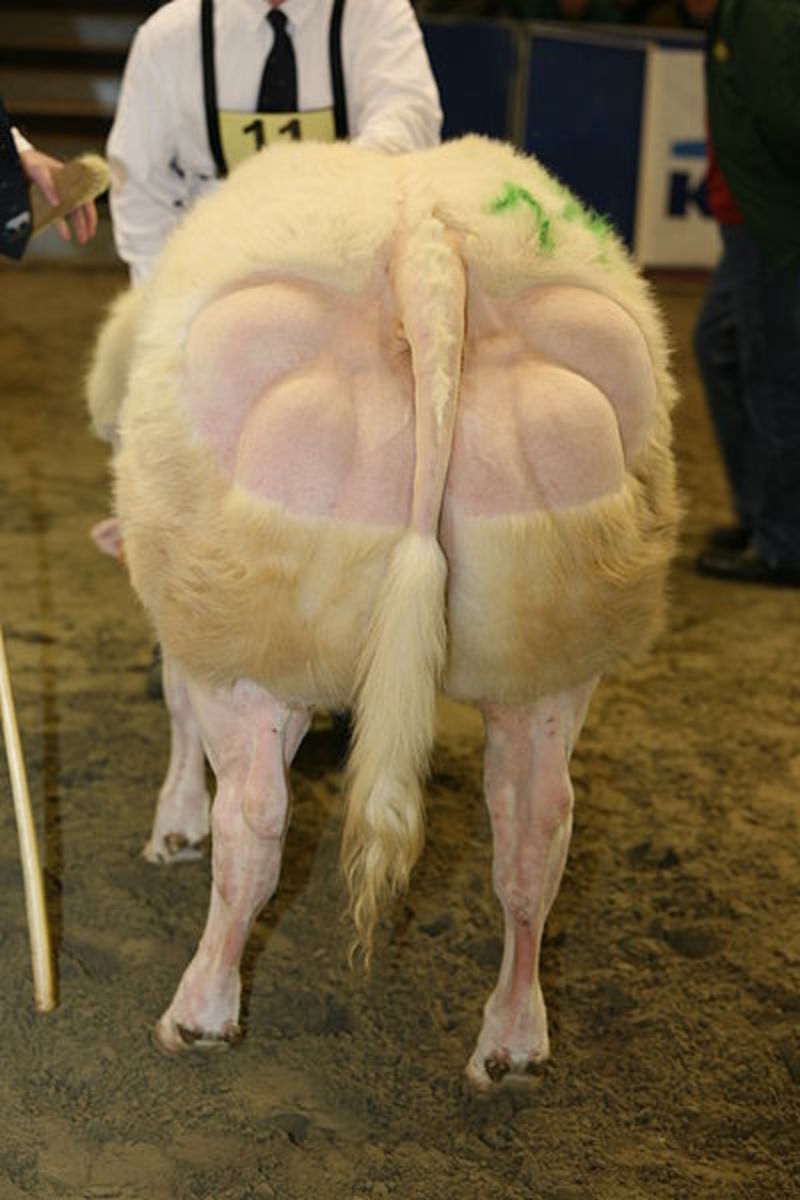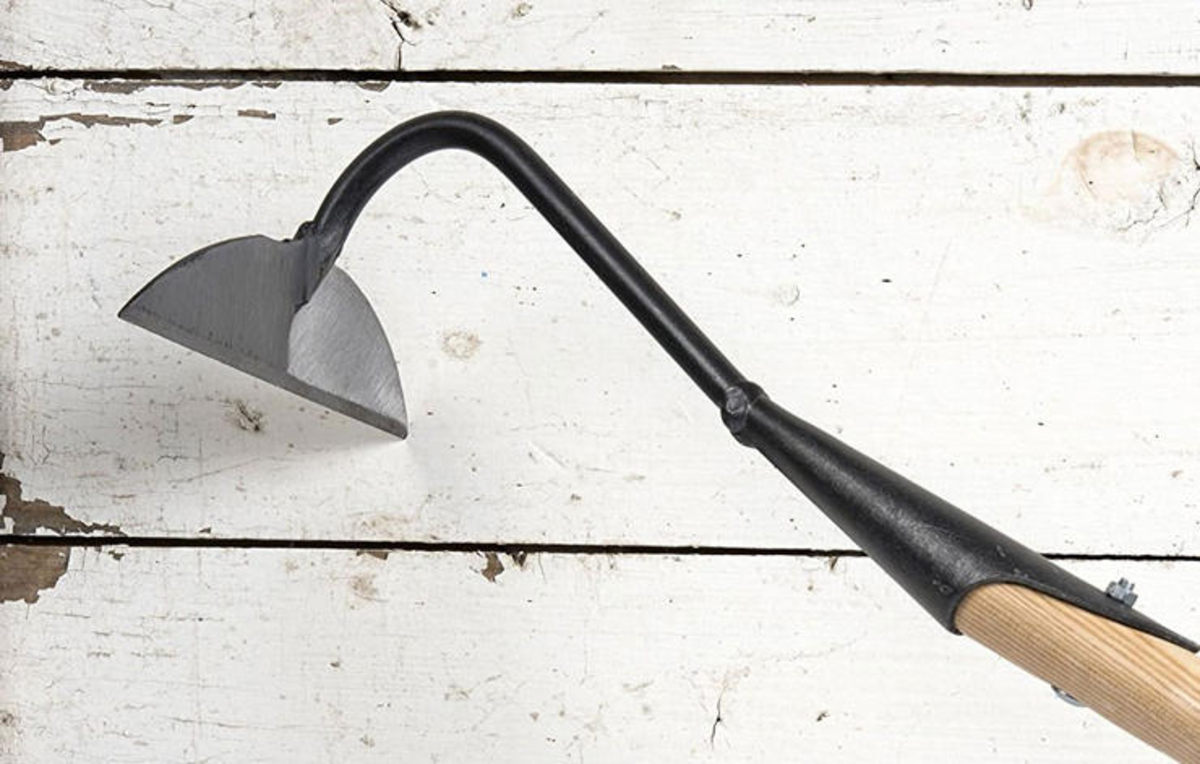Hobby Farming
Farm Photo
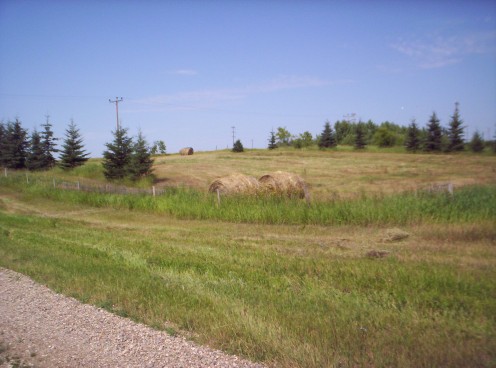
4H Project and pen mate 2009/2010
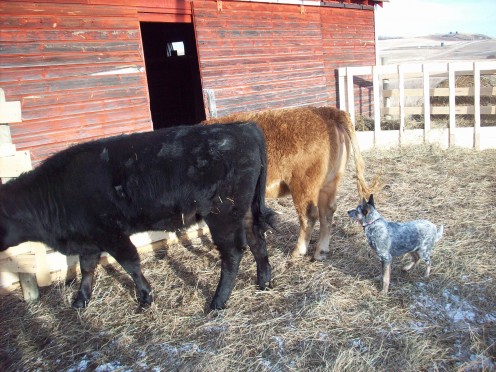
Why A Hobby Farm?
A hobby farm is a small farm you work on and earn a little income from. It is usually meant to supplement the income from a job off the farm. Sometimes hobby farms turn into the main source of income due to job loss, retirement, or just for the joy of it. People often find themselves wanting to spend more time on the farm, and increase their animals and/or crops so they are able to earn a full time income. If the children are involved, it makes it a more rewarding experience. Often it is the grandchildren who enjoy it the most. I know how much I enjoyed going to my grandparent's farm when I was little...they had more variety of animals than we did. We had cows and chickens...they had goats, sheep, ducks, rabbits, chickens, cow and horses.
Along with the variety of animals, hobby farmers often incorporate gardens and U-pick orchards into their plan. It can be a very lucrative business if managed properly. A U-pick can generate thousands of dollars in revenue over the summer, and need not take up a lot of space. An acre or two has the potential to produce many bushels of fruits and vegetables, if it is set up properly. A small greenhouse could lead to several hundred bedding plants plus a few dozen tomato plants. It won't take long for word to get out you have quality vegetables and flowers for sale.
The hobby farmer has control over the decisions made, but the livestock commission has rules and regulations regarding tagging, tracking and transporting livestock. Due to things like BSE, some rules regarding bovines and other animals are more strict than they used to be. This is not meant to discourage the farmer...the standards are set in place to protect the buyer, the seller and the consumer.
Some hobby farmers enjoy such a variety of animals, they set up petting zoos on their property. This in itself can be very rewarding, as they are able to have a larger variety of animals. The thing to keep in mind with this is to have good liability insurance, and be sure all customers sign a waiver upon entry of the animal area. This is to protect you in case of an accident involving them and one of your animals. Also, if you have a customer base coming to your farm, post signs warning of possible dangers, and stating they enter at their own risk.
The first thing you will need if you want to have a hobby farm is a parcel of land. This could be anywhere from an acre up, but ideally you will want at least 10 acres. This gives you the space to expand a bit if you only start with a few animals. Plus, it gives you a few acres for hay, and an acre or so for a garden. The next thing you'll need to decide is if you want to buy an acreage that has already been established, or if you want to start from scratch.
If you're needing to buy an acreage, and want established, look for one with watering systems in place, or at least a water source close to the animals. Carrying buckets full from your house can be a bit tiresome...especially when the wind is howling and the wind chill is -40 or colder. I know firsthand, because we have been doing it this winter. I am thankful we only have two head to feed and water...there will definitely be some modifications made before next winter.
If you have the resources, and are fairly handy, purchasing pasture land and developing it is also an option. Put your home and front yard on an acre or two, and develop the rest. Add your fences for paddocks, a small barn, and a garden area, and you will be set. Depending on the number of animals, and type, you will have to determine how much area you want for a hay field. I would suggest obtaining a quarter section if possible...you can always rent out the land you're not using. You will then have the option of expanding as the years go on.
We have two head of cattle this winter, and have gone through one round bale in two months. They are also being fed milled grain and pellets as a supplement, so their hay consumption is lower than if they weren't getting supplements. We have approximately 30 acres, and about 10 of it is unusable due to a ravine and no proper fencing. We will be adding some fences this summer as well, so we can let the cattle graze in more area.
Ideally, I want alpacas, as they are easier to handle than cattle. Plus, being the crafter that I am, I am looking forward to crocheting toques and scarves made from alpaca yarn. They are also very valuable animals, and do not require the space and amount of feed cattle do. I am also not opposed to chickens for eggs and roasting, or pigs for pork chops. A steer or two will also be a good thing, as our freezer will always be full then.
Hobby farmers usually grow crops and raise animals for their own use first, then expand to market the extras. I know I have barely touched the surface on hobby farming, as I have my own research to do as well. As my experiences with it arise, I will be sure to add to this hub, and publish more as well.
Follow Up
February 14/10
I was in the bookstore today, and happened to come across a book regarding Urban Farming. I did not give it much thought, but when I came across a magazine in Walmart with a similar name, I decided to buy it. It is called Urban Farm - Sustainable City Living, and is from Hobby Farms Magazine. I have not read through it as of yet, but it appears to cover gardening, composting, raising chickens, vermiculture, wind and solar power. Perhaps a review of the magazine will be in order for Hub #6 of my 30 Hubs in 30 Days Challenge.
© 2010 Diane Ziomek

